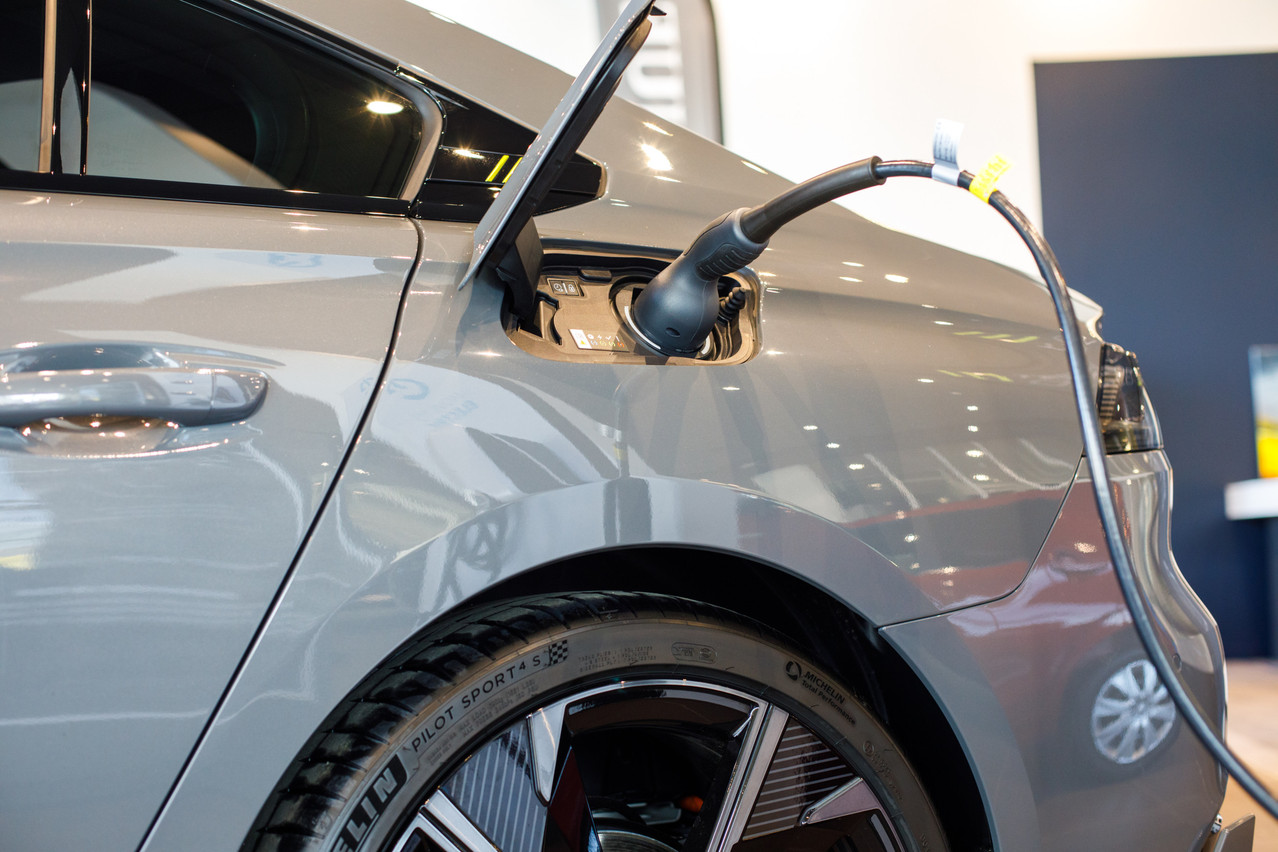The EU imports around 45% of its gas supplies and Russian crude makes up 25% of oil imports. The war in Ukraine has seen prices for petrol products skyrocket and motorists for the first time last week had to pay more than €2 per litre of diesel at service stations in the grand duchy.
The government on Monday meanwhile announced that it would extend a subsidy to purchase an electric vehicle by two years in an effort to wean Luxembourg off combustion engine cars.
Under the programme, buyers receive an €8,000 subsidy for purchasing a mid-sized e-car. This amount is lowered to €3,000 for less efficient cars that exceed electricity consumption of 180Wh per kilometre. Larger families--requiring a seven-seater--can still receive the higher subsidy.
Energy minister Claude Turmes (déi Gréng) had previously said that Luxembourg, and Europe, must increase the share of renewable energies in its grid, saying that fossil fuel imports could be used for blackmail by regimes such as Russia.
The subsidy can be claimed for cars purchased by 31 March 2024 and registered before the end of that year to account for any delivery delays. Owners must keep the car for at least a year.
A subsidy for hybrid cars wasn’t extended. However, people wishing to buy a bicycle, e-bike or scooter can receive up to €600 in aid, no more than 50% of the purchase price, until the end of March 2024.
Under plans to reduce CO2 emissions by 55% by 2030, Luxembourg’s transport sector must reduce emissions by 57% and the government is betting heavily on e-vehicles to help achieve that goal in a country that has one of the highest rates if car ownership in the world.
The government has so far shied away from introducing petrol price caps in light of rising prices. A €75m programme announced earlier this month aims to prevent energy poverty by reducing prices of gas bills as well as providing more support for low-income households on a cost-of-living allowance.
But parliament last week said the government must do more to help households shoulder the burden of the energy crisis, with several lawmakers warning that expensive e-cars aren’t an option for many families.
